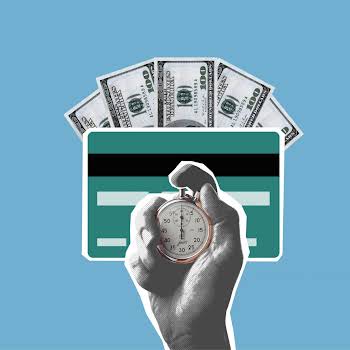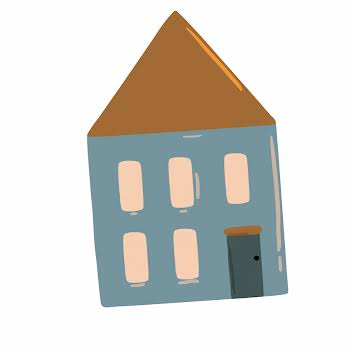
By Shayna Sappington
30th Apr 2020
30th Apr 2020
A second three-month mortgage payment break may be announced soon, but is this the smartest move for borrowers?
With the Covid-19 induced rise in unemployment and economic downturn, many families have struggled to make ends meet.
Recently, banks began to offer personal loan deferment plans and mortgage payment breaks. A three-month mortgage holiday was offered to those financially affected by the current crisis.
And now, that offer may be extended an additional three months. So what does that mean for borrowers? Should they accept the offer or will it be more harmful than beneficial in the long run?
The Pros – Emergency measure
This financial break is really geared towards those who are unable to afford their mortgages. It was designed for people who have been laid off and need it as an emergency alternative.
In that regard, it is an ideal relief for those in a temporary financial crisis and whose income will increase quickly after the pandemic.
The Cons – Increased payments
It is so important to note that after the payment break is over, mortgage payments will rise for borrowers.
BOI warns that you “will pay more interest over the life of your mortgage loan than would be the case if it was not put in place, resulting in an increased cost of credit. That is because you will make no repayments (capital or interest) during the payment break period, while interest will continue to apply to the mortgage.
“At the end of the payment break period your repayments will be adjusted so your mortgage will be repaid within its original term. That means your ‘break’ repayments will be spread over your remaining mortgage, which means your new repayments will be higher than they were before the payment break.”
Put simply, customers’ originally agreed-upon mortgage repayments will be higher after the deferral ends.
A financial expert’s opinion
During a Q&A last month with financial expert Sinead Ryan, borrowers were advised to only take the mortgage holiday if absolutely necessary.
“The amount you don’t pay is simply lifted up and put onto the back of your existing mortgage,” she explained. “With it, carries interest, all the way to the end of the term. Or what they’ll do is take an extra amount over the rest of your 10 years or 15 years to pay it back, with interest.
“So, for instance, somebody who has a mortgage of €300,000 with 10 or 12 years left on it, by not paying the €1,500 a month that they are paying now, that €4,500 becomes an extra loan on your original mortgage, so it carries an interest loan of its own, and that would be in and around €900.”
As we wait for the mortgage extension’s official announcement, it is important to keep these factors in mind and weigh the short-term benefits with the long-term consequences of the financial offer.
Read more: Your money questions answered in our virtual Let’s Talk Finance session with Sinead Ryan
Read more: How have our spending habits changed during the coronavirus outbreak
Read more: Have you asked your landlord for a rent reduction? Have they offered you one?























